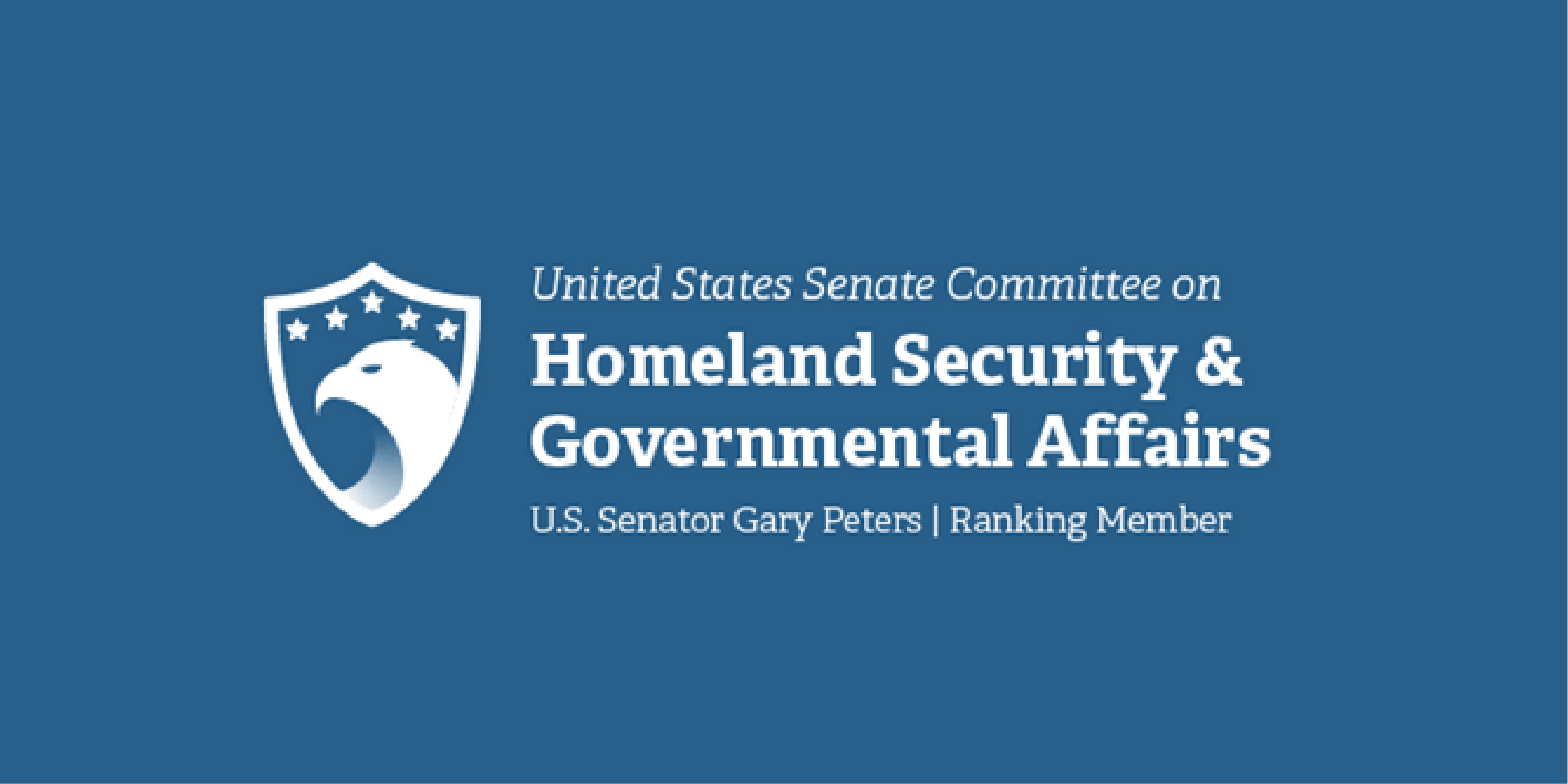
for Medical Products
WASHINGTON, D.C. – U.S. Senators Gary Peters (D-MI), Chairman of the Homeland Security and Governmental Affairs Committee, and Susan Collins (R-ME), a member of the Health, Education, Labor, and Pensions Committee, introduced bipartisan legislation that would strengthen requirements for foreign manufacturers of medical products that are distributed in the United States to register with the Food and Drug Administration (FDA). The FDA recently reported about 78% of facilities that produce active pharmaceutical ingredients (APIs) – the key ingredients that give a drug its intended effect – are located outside of the United States. Despite current law, some foreign manufacturers have failed to register with the FDA, limiting the agency’s visibility into where certain drugs are made and in what amount, and making oversight of drug safety and shortages more difficult. The senators’ bill would close a loophole by requiring foreign manufacturers to register with FDA and provide information on the facilities involved in the production process, including when a product undergoes processing in multiple countries before reaching the United States.
“Our nation’s longstanding dependence on foreign manufacturers for critical drugs and medical supplies continues to present a serious public health and national security risk. The FDA needs to know exactly where these important products are made at every step of the manufacturing process to ensure safety, anticipate possible shortages, and prepare for future public health challenges,” said Senator Peters. “This commonsense, bipartisan bill will help increase visibility into our medical supply chain and provide the FDA with a clearer picture of foreign-made medical products to help ensure they are safe and effective for all Americans.”
“During the ongoing public health emergency, the last thing patients should have to worry about is whether there will be an adequate supply of the medications they need,” said Senator Collins. “Given that nearly 80 percent of active pharmaceutical ingredient manufacturing facilities are located overseas in countries like China and India, it is important for the FDA to have greater visibility into the drug supply chain. Our legislation will help prevent disruptions of medications and builds on the drug manufacturing reporting requirements in the MEDS Act I co-authored that became law in 2020.”
The Registration of Certain Foreign Establishments Act requires foreign manufacturers that distribute medical products in the United States – from active pharmaceutical ingredients to finished drugs – register with the FDA and identify all other facilities where manufacturing occurred, regardless of whether the product undergoes further processing before being imported into the United States. Foreign-made medical products include key drug ingredients, prescription and over-the-counter medications, and medical supplies such as personal protective equipment. And as recalls for prescription and over-the-counter medications continue to rise, this requirement will ensure the FDA can identify every foreign establishment where a drug was manufactured in order to address any manufacturing problems that arise.
The senators’ legislation builds off of findings from Peters’ 2019 report, A Price Too High: Cost, Supply, and Security Threats to Affordable Prescription Drugs, that identified vulnerabilities in our nation’s medical supply chain and provided recommendations to address growing shortages of critical drugs and national security concerns related to our nation’s dependence on foreign sources for these products.
###














